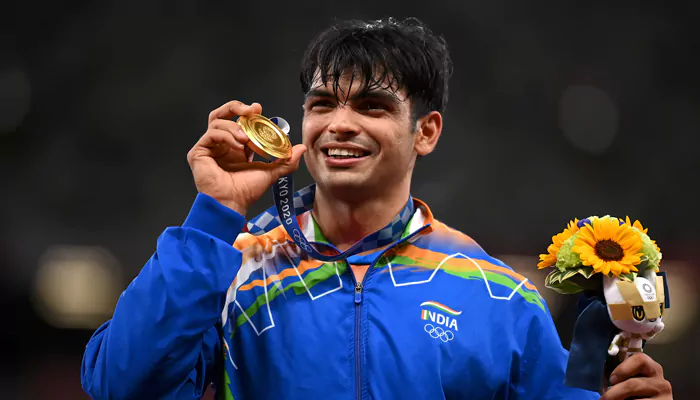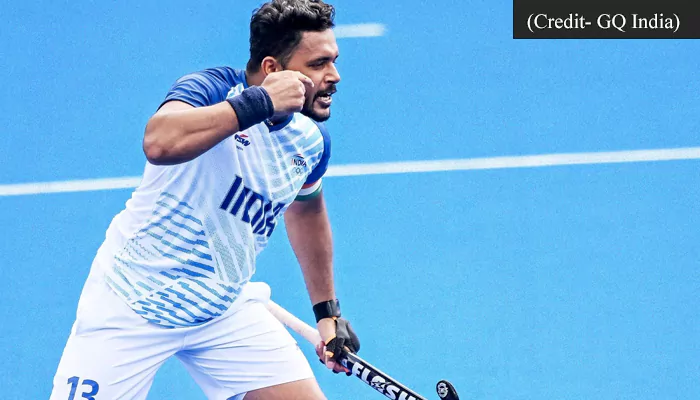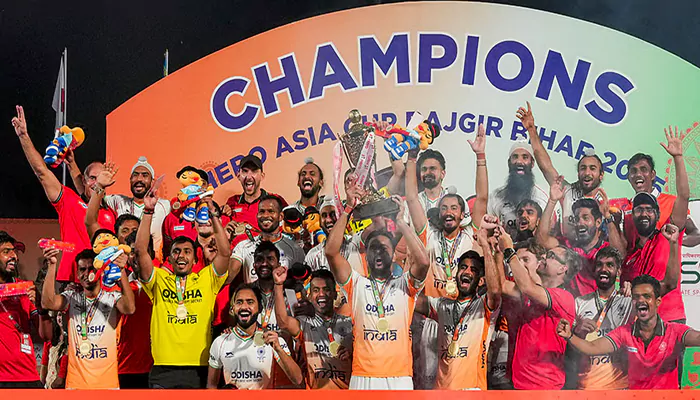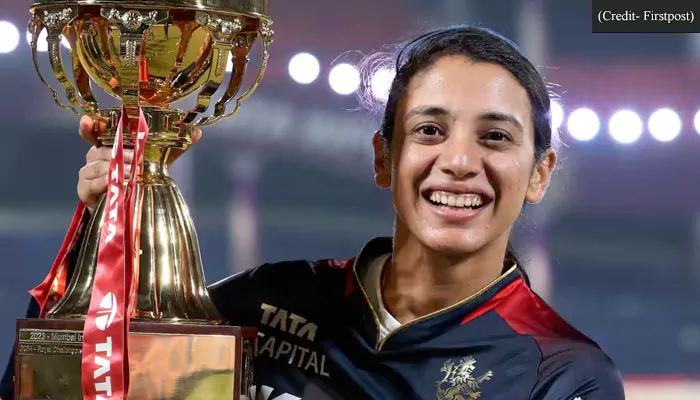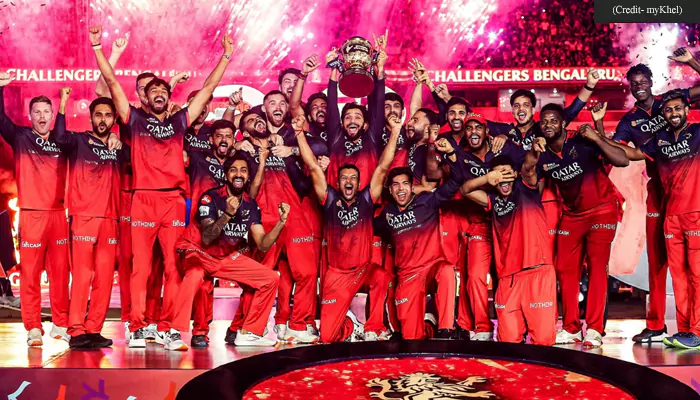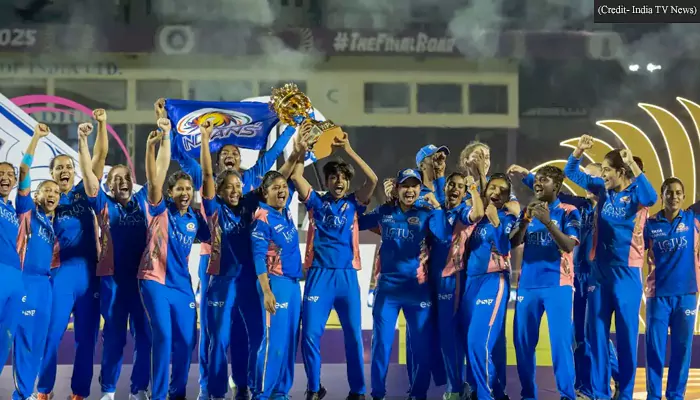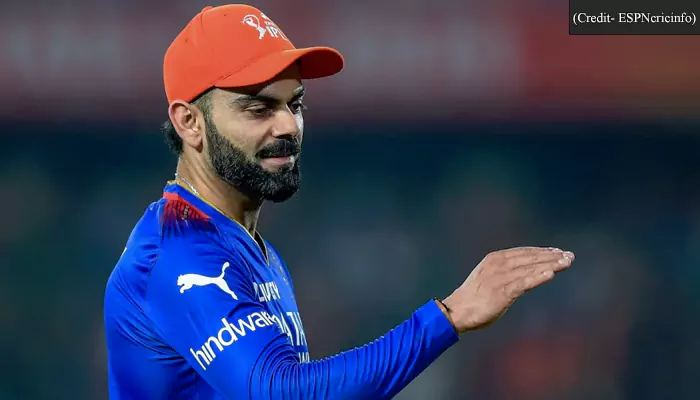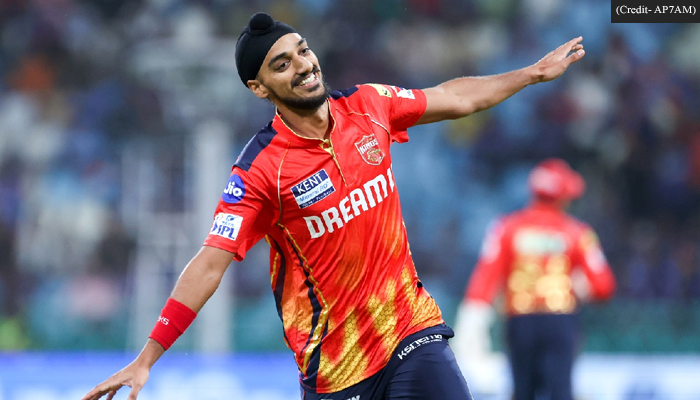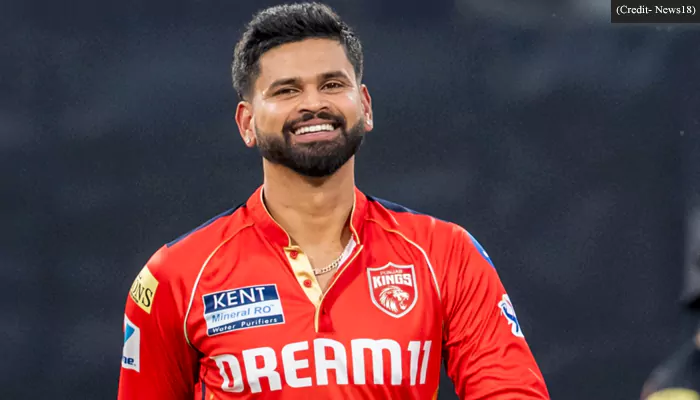Know Your Captain: For Ganguly, Nobody Was Bigger Than the Team
- Rohit Chatterjee
- 1 year ago
- 4 minutes read

The relationship between Sourav Ganguly and Greg Chappell, which began with high hopes, quickly devolved into one of the most controversial and tumultuous periods in Indian cricket history.
Appointed as the coach of the Indian cricket team in 2005, Chappell’s tenure was marked by intense public spats, questionable decisions, and ultimately, a divided team. This era, spanning from 2005 to 2007, is often remembered more for its controversies than for its achievements.
The Beginning of the Chappell Era
In April 2005, Sourav Ganguly, then the captain of the Indian cricket team, recommended Greg Chappell for the position of head coach following John Wright’s departure. Chappell, a former Australian cricketing great, was selected from a pool of candidates that included Tom Moody, MohinderAmarnath, and Desmond Haynes. Chappell’s appointment was met with significant media hype and expectations. He promised a commitment to excellence and emphasized helping Sachin Tendulkar regain his form as one of his priorities.

The relationship between Sourav Ganguly and Greg Chappell began with high hopes // Picture Courtesy — NDTV
Early Optimism Followed By The Infamous Spat
Initially, there was optimism surrounding Chappell’s appointment. Ganguly publicly stated that Chappell would receive full support from all players, dismissing comparisons with Wright and expressing confidence in Chappell’s abilities. This period of optimism, however, was short-lived as tensions between the captain and the coach soon surfaced.
The turning point came in September 2005 during the Zimbabwe tour. A rift between Ganguly and Chappell became public when Ganguly revealed that Chappell had suggested he step down from the captaincy due to poor form. Chappell claimed he had only given an honest opinion when asked by Ganguly. This incident led to a high-profile, closed-door meeting by the BCCI, resulting in an uneasy truce between the two.
Controversial Moments
The relationship between Chappell and Ganguly continued to deteriorate. In November 2005, Chappell was caught on camera making an obscene gesture to protestors in Kolkata, which led to censure by the BCCI. In March 2006, Chappell’s comments about Shoaib Akhtar’s bowling action created further ripples. He also faced backlash for stating that captaincy was crucial to Ganguly’s life and finances, a comment he later admitted was a mistake.
On-Field Struggles and Criticism
Chappell’s tenure was also marked by inconsistent on-field performances. In May 2006, after winning the first ODI against the West Indies, Chappell’s comment that the West Indies had “forgotten how to win” backfired when India lost the series 4–1. This period saw increasing criticism of Chappell’s coaching methods, with Ganguly openly questioning the philosophy that process was more important than results.
Ganguly’s Exclusion and Return
The strained relationship between Ganguly and Chappell reached a climax when Ganguly was dropped from the team in September 2005. Chappell later described Ganguly’s exclusion as a necessary step for his resurgence, crediting himself for Ganguly’s return to form. Ganguly made a remarkable comeback to the Test side in South Africa in January 2007, which Chappell termed as one of his success stories.

In April 2007, Chappell announced he would not seek an extension of his contract // Picture Courtesy — Hindustan Times
The 2007 World Cup Debacle
The nadir of Chappell’s tenure came with India’s early exit from the 2007 World Cup. The team’s performance was lackluster, and internal discord was evident. Speculation about Chappell’s future grew, with reports of his dissatisfaction with senior players and their behavior during the World Cup. Conversely, players were unhappy with the sense of insecurity Chappell had created within the team.
The End of Chappell’s Tenure
In April 2007, following India’s World Cup debacle, Chappell announced he would not seek an extension of his contract, citing family and personal reasons. His tenure, which began with promise, ended amidst significant controversy and disappointment. Sachin Tendulkar expressed the players’ disappointment with Chappell, reflecting the widespread discontent within the team.
The Ganguly-Chappell era in Indian cricket is remembered as a period of high drama and discord. While there were moments of brilliance on the field, they were overshadowed by the off-field controversies and the strained relationship between the captain and the coach. This tumultuous period ultimately served as a reminder of the importance of harmony and mutual respect in a team’s success. The lessons learned from this era helped shape the future of Indian cricket, emphasizing the need for cohesive leadership and unity within the team.

